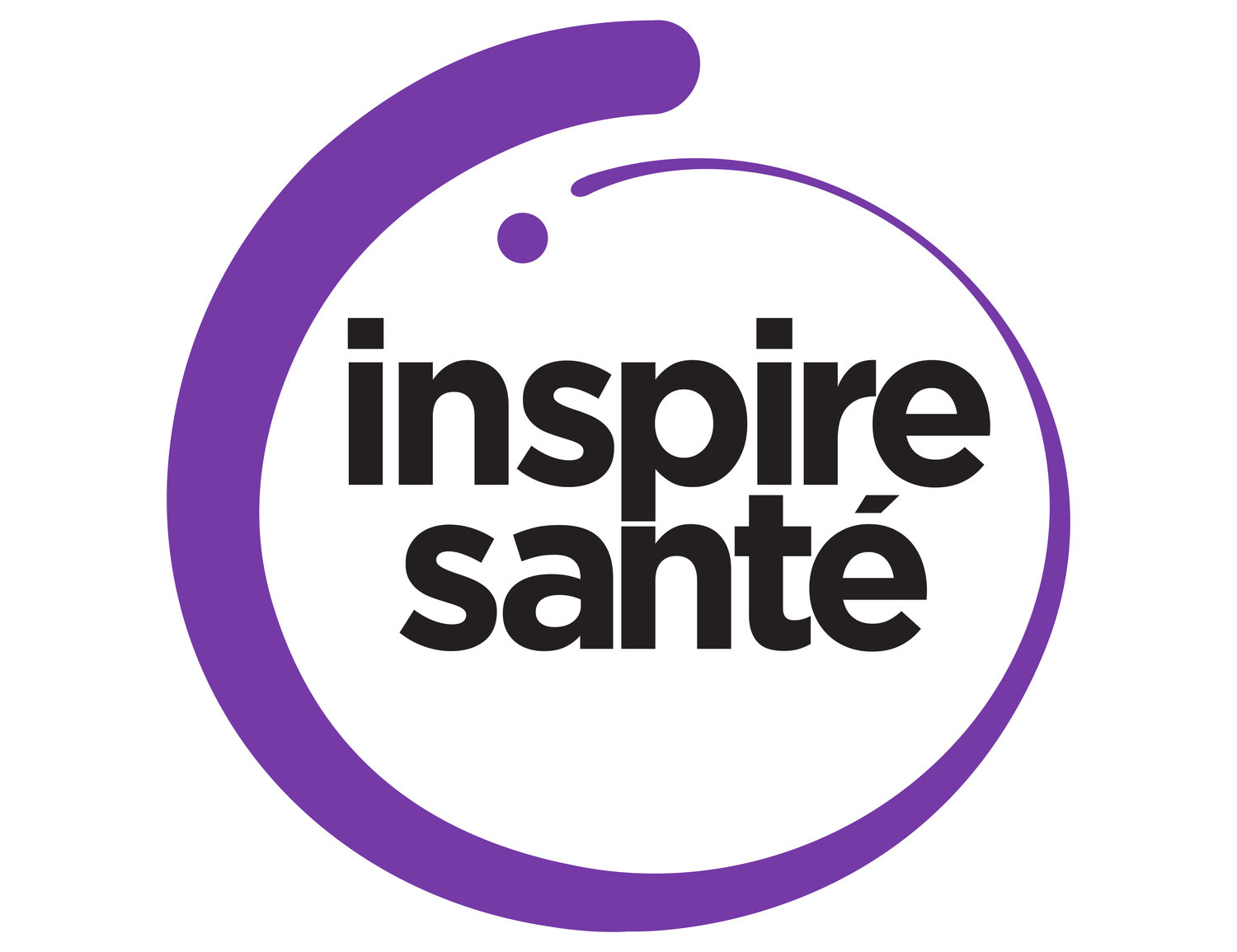Persistent Pain & Holiday Survival
/Every day is a “pain day.”
People’s enjoyment of the holidays varies widely. One person’s dread is matched by another’s sheer, unbridled excitement. Just like those without pain, someone in pain also has a holiday season permeated by family time, shopping and spending, time off work, hectic air travel, and excited children. What about when that’s overshadowed by a dread of the pain that will inevitably accompany all those things? It’s the same pain that they experience each day, and from which they’ll receive no respite on Thanksgiving or Christmas or New Year’s Eve.
Whether the holiday itself is a “good pain day” or a “bad pain day,” it’s a “pain day.” (When you have persistent pain, every day is a pain day.) There’s anxiety leading up to that day, worrying about how you’ll feel, and there’s exhaustion after the holiday itself as you recover emotionally (if not physically too). Being around your family and friends, unfortunately, isn’t always a positive experience for those in pain.
This is my story.
For me, when my pain was at its height, going “home for the holidays” meant spending time with my alcoholic father and my mother who has a knack for insensitive comments. Or, if I spent it with my in-laws, my mother-in-law took every opportunity to observe that I didn’t “look” like someone who was in pain. Whichever family we chose, I shed a lot of tears before our arrival, even more tears afterwards, and I thoroughly dis-enjoyed my time with them. I felt judged, critiqued, disbelieved, and isolated. From chatting with other friends who have struggled through chronic pain, I know I’m not alone in that.
Maybe you’re thinking, “yeah – I feel judged and critiqued when I go home for the holidays too, and I’m not in pain!” The thing is – I experienced all the “regular” parental grumblings too: parents gnawing away at our wedding guest list, prying into my post-graduation plans, and protestations that by “the way you flew into the driveway, you’re still driving like a teenager!” So, fair point, but those in pain don’t get a “time out” from regular familial drama. The pain just gets layered on top of all the normal crap.
There are also an unending assortment of other stressors and struggles. Will the dining chairs be soft enough, or should I bring a pillow? Will there be somewhere for me to lie down? Do I have enough medication with me, in case we stay later than planned? If I need to come home early, can someone give me a ride? Are they serving food that will nauseate me on these new meds? Will they be offended if I just stay on the couch? Will they be offended if I don’t talk much? Will they be offended if I don’t stay long?
When you opt-out, it’s all downhill.
One year at Thanksgiving, I couldn’t handle it. We were mid-wedding planning, my husband had begun an incredibly stressful job just months earlier, and we trying to handle my excruciating pain as best we could. I was traveling out-of-state each week for medical treatments, and we were collectively and individually burnt out. On Thanksgiving, the anxiety around all the conditions and stressors – both pain-related and normal-family-related – were too overwhelming. I stayed in bed. And then, home alone in the house with our dogs, I cried. And then, I sobbed. I was alone and in pain and no longer able to tolerate the sheer experience of being around other people.
A month later at Christmas, we flew to Chicago to spend it with my extended family. These are relatives I hadn’t seen in several years, and it was our first Christmas with them. It was stress-free (no drama or judgment or criticism!), they were gloriously welcoming and validating and kind, and they understood that I was in pain and yet managed to make me feel 100% included in everything we did. We had a truly amazing holiday, and it was so restorative for me. (If it’s any indication, this holiday will be the fourth that we spend with those beloved relatives.)
The lesson.
If you’re in pain, you need good inputs. You need to find something that makes your body feel good (or at least less crappy), and you need to bathe in that something. For me, those somethings were pretty simple: Starbucks lattes, snuggling with my dogs, bingeing on Netflix shows, ghost-writing legal briefs for my husband (it made me feel like I was still relevant), clean sheet day, and adult coloring books. As I began recovering, I added yoga and long walks. For me, those extended relatives in Chicago were really good inputs.
This holiday season, find your people – the people who nourish and encourage and validate and support you. Don’t tolerate judgment or put-downs. It’s not okay for people (especially your loved ones!) to question your pain, complain that it’s “always something” that’s wrong with you, or bemoan your condition as somehow impacting their experience. I repeat: That is not okay. These people are doing you no favors, and if you don’t have the energy to stand up to them, then you need to find other sources of soul nourishment. It’s your responsibility alone to care for you, and self-care has a weightier impact on your wellbeing than all of the care that others could possibly provide.
So if you’re in pain (and even if you’re not!), take care of yourself this holiday season. And on January 1, pat yourself on the back: you survived a season that’s trying for the healthiest of people, and you did it all while struggling with persistent pain. You’re a superhero.







